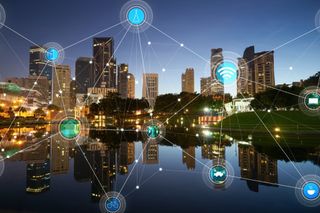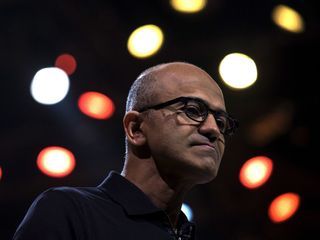
Jason Ward
Jason L Ward is a Former Columnist at Windows Central. He provided a unique big picture analysis of the complex world of Microsoft. Jason takes the small clues and gives you an insightful big picture perspective through storytelling that you won't find *anywhere* else. Seriously, this dude thinks outside the box. Follow him on Twitter at @JLTechWord. He's doing the "write" thing!
Latest articles by Jason Ward
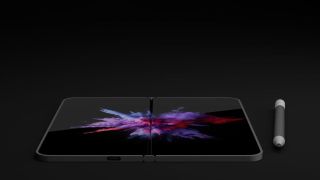
Why Microsoft may gain an upper hand with carriers thanks to 'Always Connected' PCs
By Jason Ward published
If Microsoft's telephony-enabled pocket PC category makes it to market, it could benefit from a shift of carrier support in Microsoft's favor.
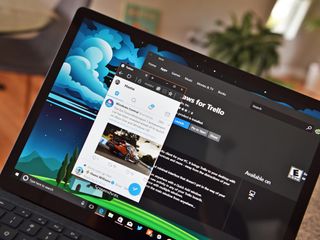
Progressive Web Apps (PWA) may be the great equalizer for Microsoft, Google and Apple
By Jason Ward published
What if Microsoft, Google, and Apple adopted one app standard? Progressive Web Apps may be that great equalizer.

Microsoft expected to receive prestigious Helen Keller award for inclusion efforts
By Jason Ward published
Microsoft has been working hard to promote inclusion both in its workforce and products. The prestigious Helen Keller achievement award is a rare honor that acknowledges those efforts.
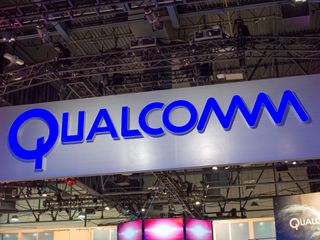
How Qualcomm and Microsoft are making PCs post-smartphone devices
By Jason Ward published
Qualcomm, whose technology powers the mobile industry, envisions full PC power on post-smartphone devices. And it's making it happen.
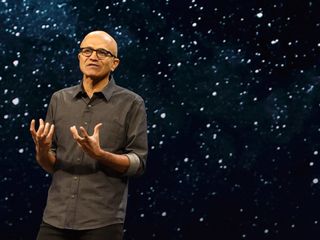
How (and why) Microsoft's CEO is carrying his predecessors' legacies
By Jason Ward published
Many Windows phone fans condemn Microsoft CEO Satya Nadella for his cloud and AI focus. But he's merely carrying the baton passed him by his predecessors.

Jason Ward's extreme 2018 tech predictions: PWA, mobile PCs, and more
By Jason Ward published
2018 is a blank slate. Here are my predictions about how the tech industry will fill the year.
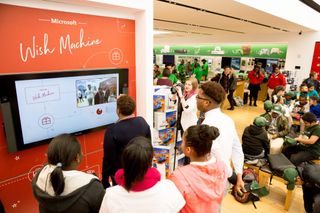
What Microsoft's holiday 'Wish Machine Contest' is all about
By Jason Ward published
What if you could ask a multibillion-dollar corporation to do something great for someone else and that corporation would do it? Well, this past holiday season Microsoft tried to do just that.

How 5G and Progressive Web Apps may fix Microsoft's app gap
By Jason Ward published
Microsoft's app gap is a problem 5G, Progressive Web Apps and more advanced processors may be able to solve.
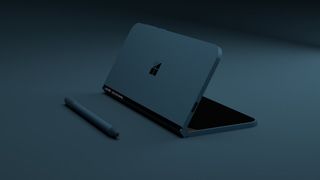
What should Microsoft name its rumored folding Surface?
By Jason Ward published
Microsoft seems to be on a path to bringing its folding mobile device to market. If it happens, what should Microsoft call this unique pocketable PC?

How Microsoft is prepping the enterprise for its folding mobile Surface
By Jason Ward published
Microsoft is working on an enterprise-focused mobile device. But how is it preparing its target market for this new device category?
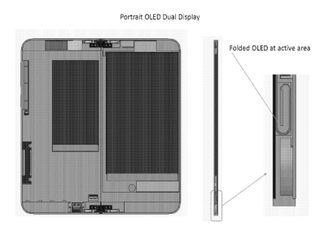
Will Windows phone fans finally get the device of their dreams?
By Jason Ward published
Microsoft may deliver its folding mobile device in 2018. Here's why I have remained convinced of Microsoft's mobile strategy.
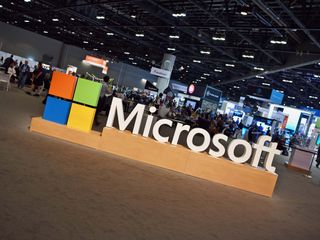
Why it's important to understand Microsoft and its rivals have different missions
By Jason Ward published
We all love certain products. But a company's prospects of success aren't limited to the one business segment you embrace. We all need to understand each company's mission.
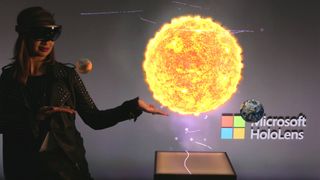
Could HoloLens 2.0 use Snapdragon 845 instead of Microsoft's custom chip?
By Jason Ward published
Qualcomm's Snapdragon 845 processor impresses with immersive AR capabilities. Will it replace Microsoft's custom Holographic Processing Unit (HPU) in HoloLens 2.0?

Why Microsoft (and you) should oppose Broadcom's hostile take over of Qualcomm
By Jason Ward published
Last month Broadcom, a leading semiconductor supplier made an unsolicited bid to acquire Qualcomm, the chip company whose technology powers virtually every smartphone and smart device on the planet.
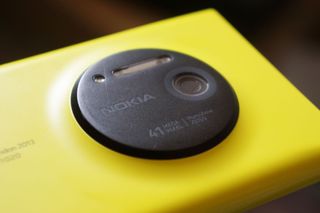
Why Microsoft should never have stopped making camera-focused phones
By Jason Ward published
When Microsoft cut its smartphone business, it cut the advantages those innovations may have added to its AI and mixed reality efforts.
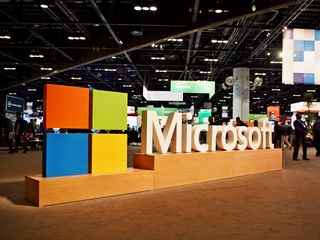
Let's talk Microsoft, neural networks and natural language processing for AI
By Jason Ward published
With AI dominating headlines, we hear a lot about neural networks and natural language processing. But what are they and why do they matter to us and Microsoft?
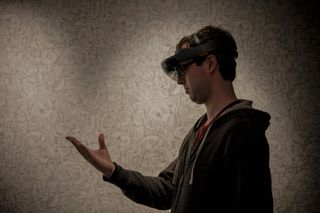
When Microsoft's AI-driven camera and mixed reality missions meet...
By Jason Ward published
How might Microsoft's AI-driven camera tech augment its mixed reality vision?
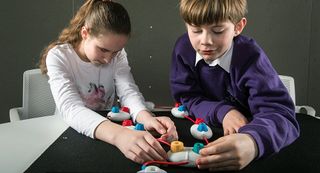
How Microsoft is helping blind children learn to code and gamifying disease treatment
By Jason Ward published
With Projects Fizzyo and Torino Microsoft is helping children with Cystic Fibrosis engage in treatment and teaching blind children to code.

The difference between AI, machine learning and digital assistants
By Jason Ward published
The terms AI, machine learning and digital assistants are often used interchangeably. But should they be? And what do they really mean?
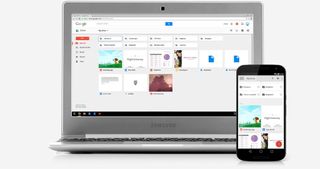
How Apple and Google are redefining the PC
By Jason Ward published
Smartphones have changed the face of personal computing. Google and Apple are marketing Chromebooks and iPads to optimize on that reality.
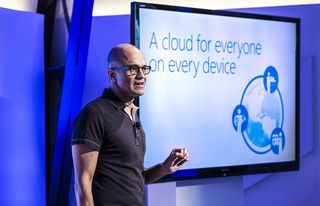
'Project Rome' makes Microsoft Cloud the OS for everything
By Jason Ward published
With Project Rome, Microsoft is turning Microsoft Cloud into a super OS for iOS, Android, Windows and millions of cross-platform apps.
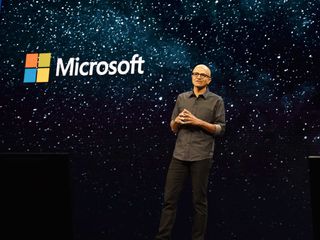
Abuse of new tech is inevitable, so what can Microsoft do about it?
By Jason Ward published
Technology can enhance our lives in many ways. Sadly, its (inevitable) misuse can also do tremendous harm.
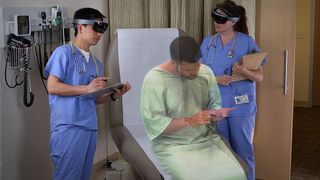
Technology and health: What you should be thankful for this year
By Jason Ward published
As we celebrate Thanksgiving there are many advances in technology that benefit humanity that we should be grateful for.
All the latest news, reviews, and guides for Windows and Xbox diehards.
